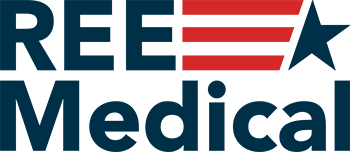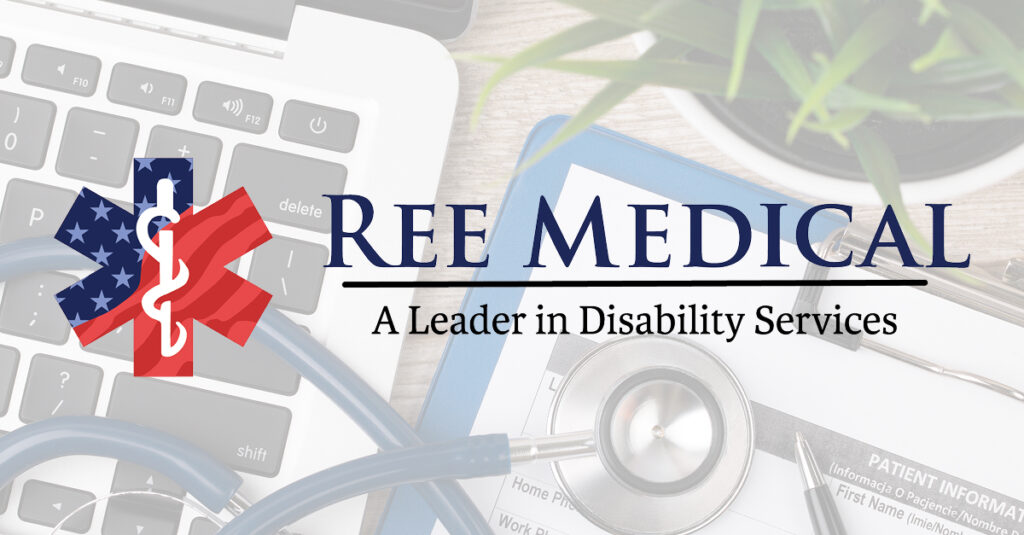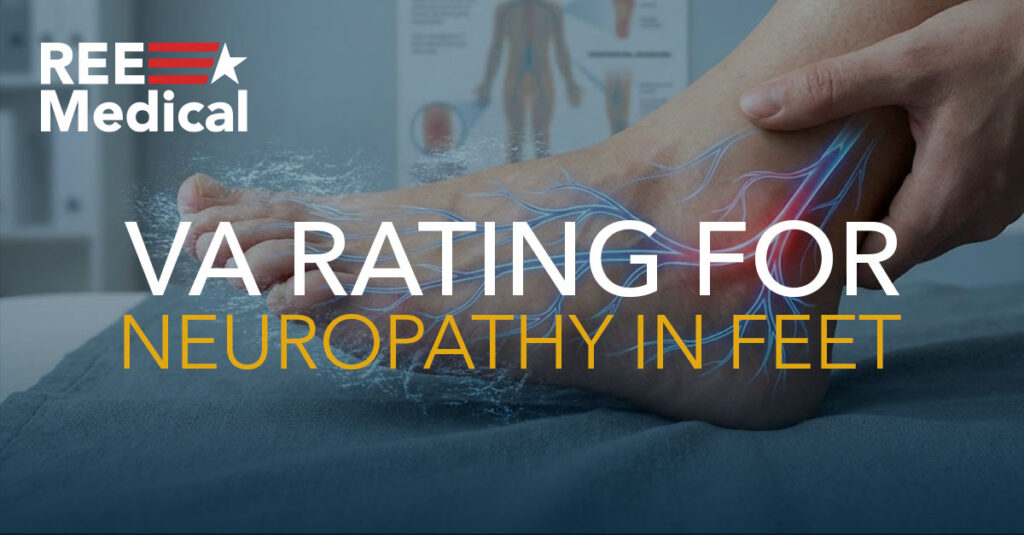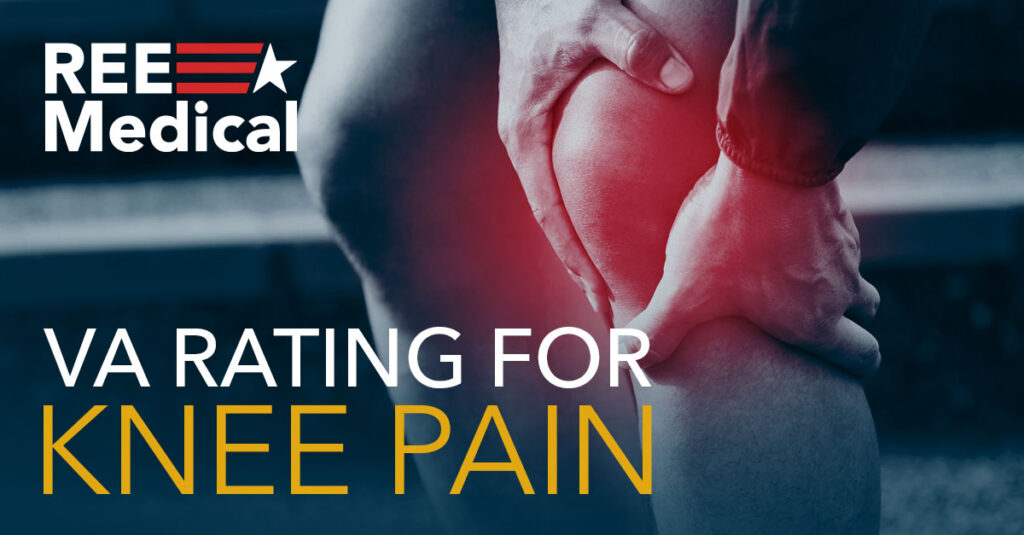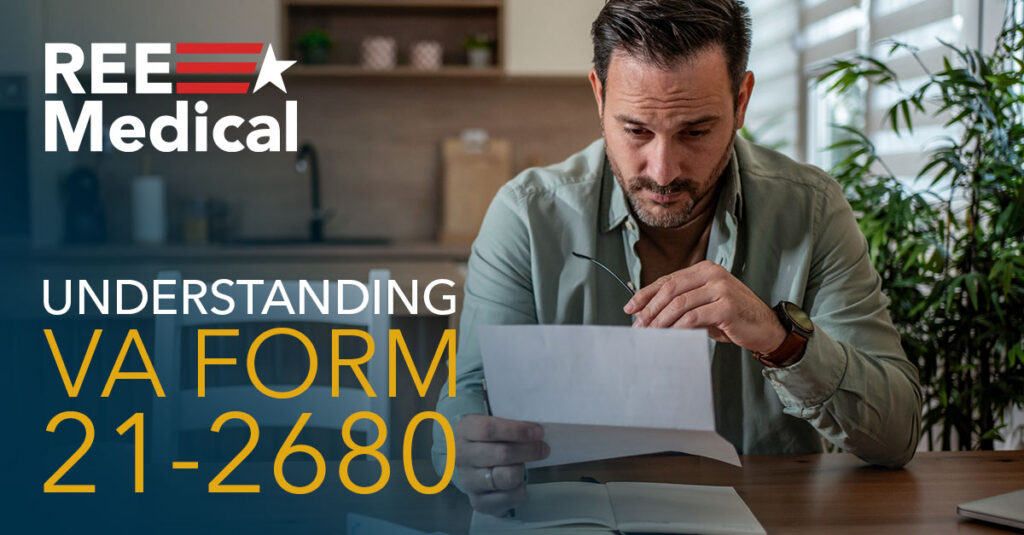When service members transition out of the military, one of the most common challenges they face is navigating a complex and confusing post-service life alone. Whether it’s pursuing health care, securing accurate disability documentation, finding meaningful employment, or simply adjusting to civilian life, many Veterans discover that the path forward isn’t always clear.
But no Veteran should have to go it alone.
Strong networks—whether they include peer connections, supportive organizations, or trusted professional partners—are not just “nice to have.” They are essential to well-being, empowerment, and success after service. Building these networks doesn’t happen overnight, but knowing where to look and how to start can make all the difference.
Connection is a cornerstone of strength, and true support extends beyond paperwork. It starts with knowing who’s in your corner.
Why Networks Matter for Veterans
Military service fosters a built-in sense of belonging. The mission, the team, the daily structure all provide a foundation for trust and connection. But when that chapter ends, many Veterans find themselves without those anchors.
The power of a strong support network is that it helps restore a sense of belonging. Networks offer shared knowledge, mutual accountability, and a place to ask questions and receive honest feedback. More importantly, they remind Veterans that they are not alone in their journey.
Whether the goal is accessing resources, learning about opportunities, or simply finding someone who understands, networks help Veterans:
- Identify trusted support systems
- Discover relevant resources faster
- Stay engaged and informed
- Reduce feelings of isolation and frustration
Types of Networks Every Veteran Should Know About
1. Peer Networks: Veterans Supporting Veterans
Sometimes the most powerful support comes from those who have walked a similar path. Peer-to-peer connections provide an authentic space where Veterans can share stories, exchange advice, and offer encouragement without judgment.
Many local communities offer Veteran-specific peer groups, including social meetups, support circles, and mentorship programs. These relationships can foster resilience, provide perspective, and serve as a valuable source of information about resources that may otherwise go unnoticed.
2. Veteran Service Organizations (VSOs)
Organizations like the American Legion, Disabled American Veterans (DAV), Veterans of Foreign Wars (VFW), and others have long histories of standing by Veterans. These groups offer access to educational events, community service opportunities, and social engagement—all designed to help Veterans thrive after service.
VSOs are also valuable sources for finding reputable partners, advocates, and specialized programs that focus on areas like housing, employment, and mental health.
3. Employment Networks and Mentorship Programs
For Veterans pursuing new career paths, employment-focused networks can open doors. Programs like Hiring Our Heroes, American Corporate Partners, and local workforce development boards often provide job placement assistance, resume-building workshops, and mentorship pairings.
These networks not only support career growth but also help Veterans translate their military experience into skills that civilian employers value.
4. Health and Wellness Networks
Physical and mental health are essential components of post-service success. Veterans can benefit from engaging with organizations that focus on wellness, including groups that offer support for mental health, adaptive sports, and holistic healing.
Well-known resources include Team RWB, Wounded Warrior Project’s Soldier Ride, and mental health-focused nonprofits that offer counseling, peer support, and wellness activities designed specifically for Veterans.
5. Trusted Professional Partners
REE Medical enhances the larger support system Veterans can lean on. By connecting Veterans with independent, licensed medical providers who are experienced in issuing thorough and accurate Disability Benefits Questionnaires (DBQs), we help ensure that Veterans can present competent medical evidence when pursuing a disability rating.
Strong networks include the right professionals (whether they’re medical providers, career coaches, or counselors) who understand the unique needs of the Veteran community and operate with integrity and transparency.
How to Build Your Network: Actionable Steps
For many Veterans, the biggest hurdle to building a network is simply not knowing where to begin. Here are some practical, actionable ways to start building stronger connections today:
Step 1: Reach Out Locally
Start with your local community. Many cities and towns have Veterans Resource Centers, local chapters of VSOs, or nonprofit organizations dedicated to supporting Veterans. Check your area for in-person meetups, workshops, or support groups.
Step 2: Engage Online
Virtual networks can be just as powerful as in-person ones. Online forums, social media groups, and Veteran-focused platforms offer spaces to connect, ask questions, and share experiences. Groups like LinkedIn’s Veteran network or Facebook Veteran communities often post about events, resources, and job openings.
Step 3: Attend Events and Workshops
Seek out networking events, career fairs, wellness workshops, or live Q&A sessions. These events offer opportunities to meet new people and learn about organizations that align with your goals. REE Medical’s own initiatives, including partnerships and community engagement events, often highlight trusted partners Veterans can connect with.
Step 4: Ask for Referrals
Don’t be afraid to ask others in your network for recommendations. If a fellow Veteran had a great experience with a nonprofit, a medical provider, or a support group, that personal referral can help you find trustworthy resources faster.
Step 5: Stay Consistent
Building a strong network takes time. Make a habit of checking in, attending events regularly, and staying engaged—even if it’s just a quick conversation or message. Consistency builds deeper, lasting connections.
What to Look for in a Strong Network
Not every network or organization is created equal. Here are some things to consider as you explore:
- Credibility: Look for organizations with established track records and clear missions.
- Transparency: Understand what services they provide—and what they don’t.
- Veteran-Centric Focus: Prioritize groups and partners that truly understand and value the Veteran experience.
- Positive Peer Reviews: Testimonials from other Veterans can provide insights into the effectiveness and integrity of the organization.
Veterans should seek out networks that respect their time, honor their service, and provide reliable support.
Strength Through Community
No Veteran should feel like they’re navigating the challenges of post-service life on their own. The right network offers a sense of belonging, mutual respect, and shared strength.
Whether you’re seeking career opportunities, accurate medical documentation, mental health support, or simply someone who understands your journey, remember that support is out there. It’s about finding the people and organizations who will stand with you and continuing to build the connections that help you move forward.
And in this journey, REE Medical is here to connect you with experienced medical providers who understand your needs. Our team proudly coordinates thorough and unbiased medical evaluations that Veterans may choose to include in their claims.
Schedule a free consultation to learn more about how we can support your goals through accurate and independent medical evidence.
